“The Great Believers”
By Rebecca Makkai
If we’re to believe some very trustworthy readers on Instagram (we are), this novel about how the AIDs epidemic changed 1980s Chicago is one of the best books of the year. The National Book Awards agree: “The Great Believers” was tapped last week for the fiction longlist. I’m especially excited to read it because the author, Rebecca Makkai, is a leader of the Chicago literary scene and creative director of Story Studio in Ravenswood. It’ll be fun to dive into 1980s Chicago from the comfort of 2018 Chicago. I think. <reads news and shivers>
“Best Worst American”
By Juan Martinez
Speaking of Story Studio, I attended its Writer’s Festival at the end of September and took a class about flash fiction taught by this author, Juan Martinez. We read some Kafka and I fell in love with reading all over again (I mean, that’s not hard to do, but I had never really read flash fiction before, and this crash course was like finding a tattooed new crush hanging out in the library). “Best Worst American” is a compilation of Martinez’s best flash fiction and short stories.
“The Good House”
By Ann Leary
This novel follows the story of Hildy Good, a hilarious recovering alcoholic who has some secrets in her cellar. Ann Leary (NPR host and Denis Leary’s wife) has struggled with alcoholism herself, and it shows. I mean that in the best way possible. She writes about the experience of alcoholism with a brutally real but empathetic truth that reminded me of how terrifying addiction is when you live in its never-ending dirty cycle. To see yourself on a page, to be seen, is always cathartic. Even when it’s not the you that you want to be reminded of.
“12 Rules for Life”
By Jordan Peterson
Jordan Peterson is a therapist, thinker, and, I’d argue, philosopher who is reviled by the left. However, he has some very interesting things to say in terms of finding your own personal worth and creating a mindset that helps you not only survive the chaos of daily life, but thrive in it. Rule number one, for example, is to “stand up straight with your shoulders back.” This isn’t a power move or a threatening stance, he says, but one that helps you “stand the hell up, with courage, and take it.”
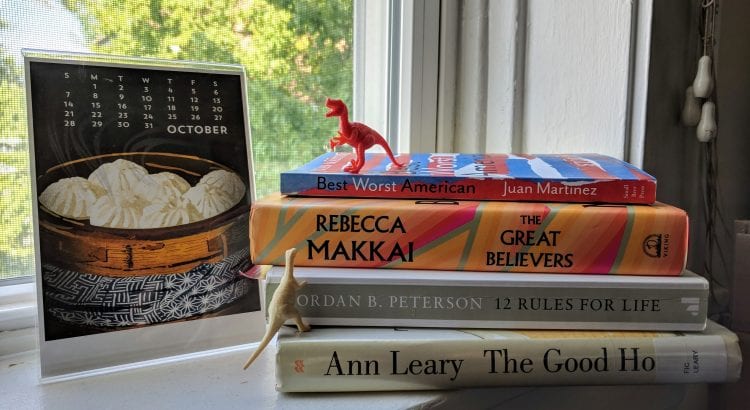
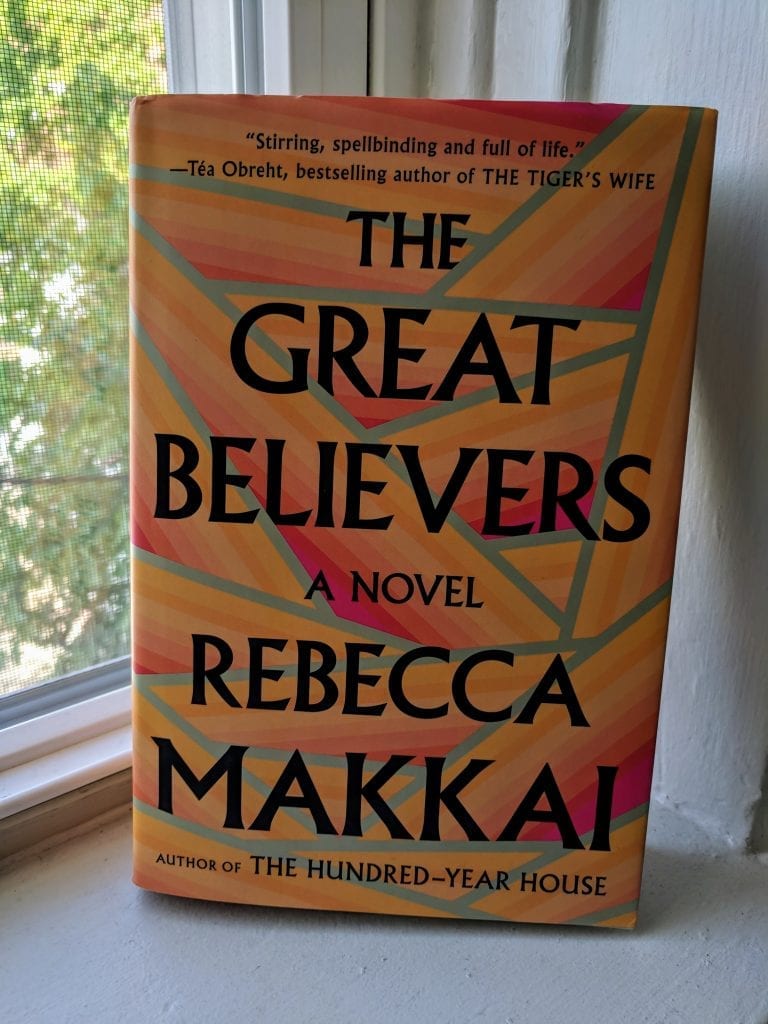
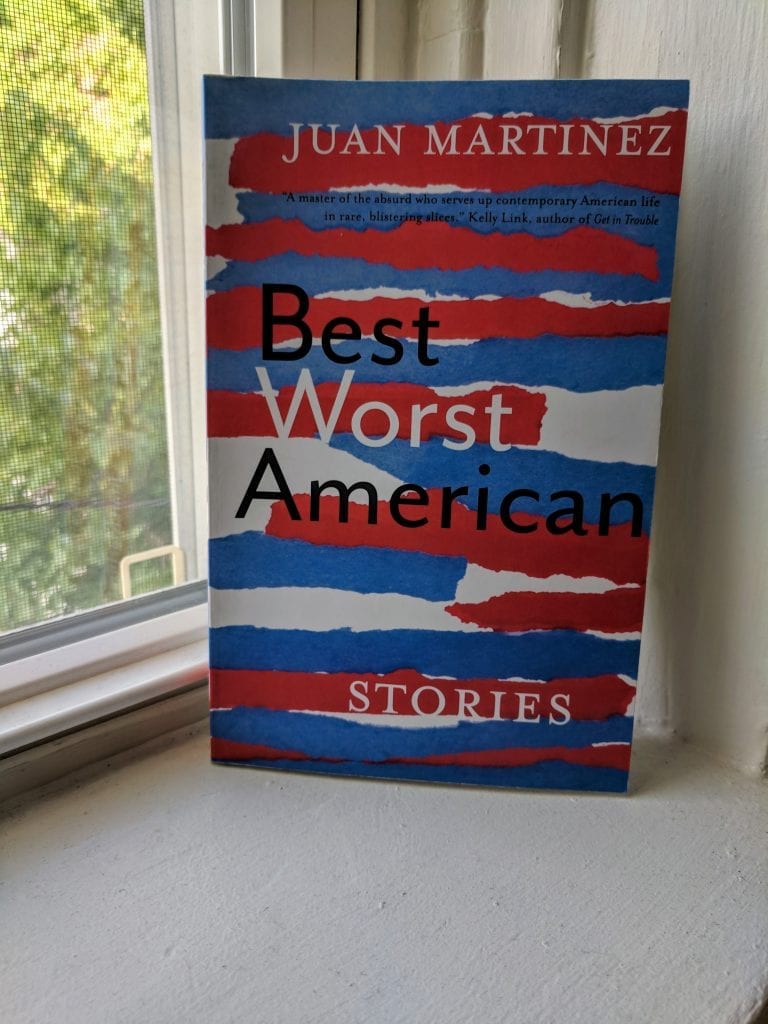
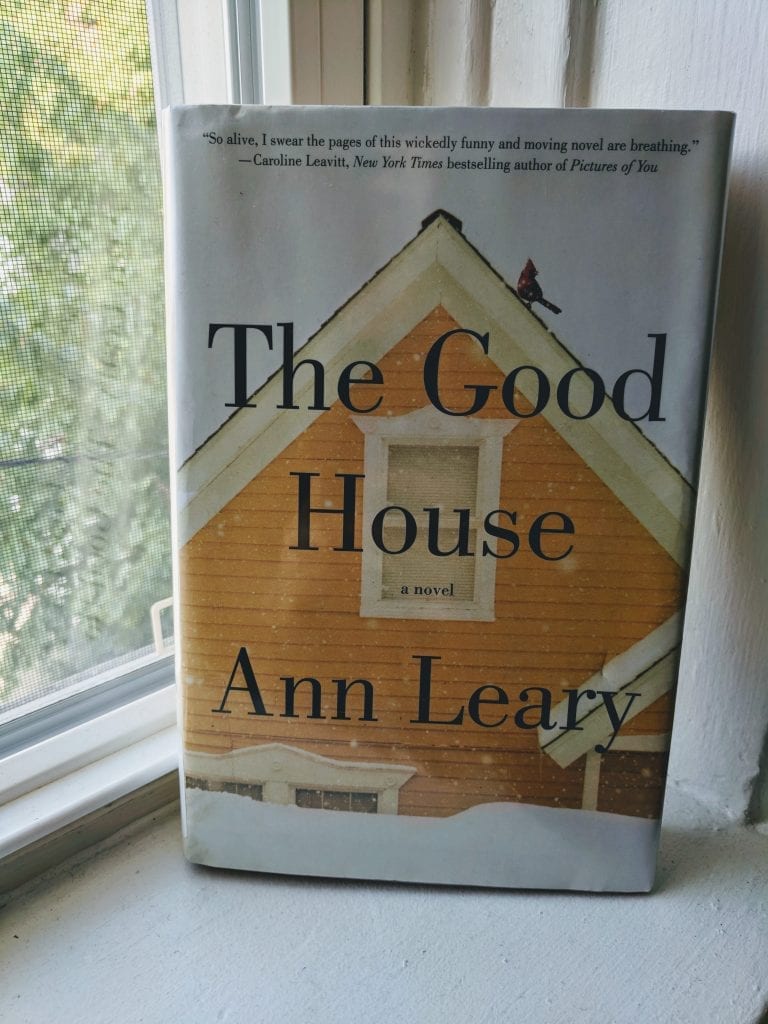
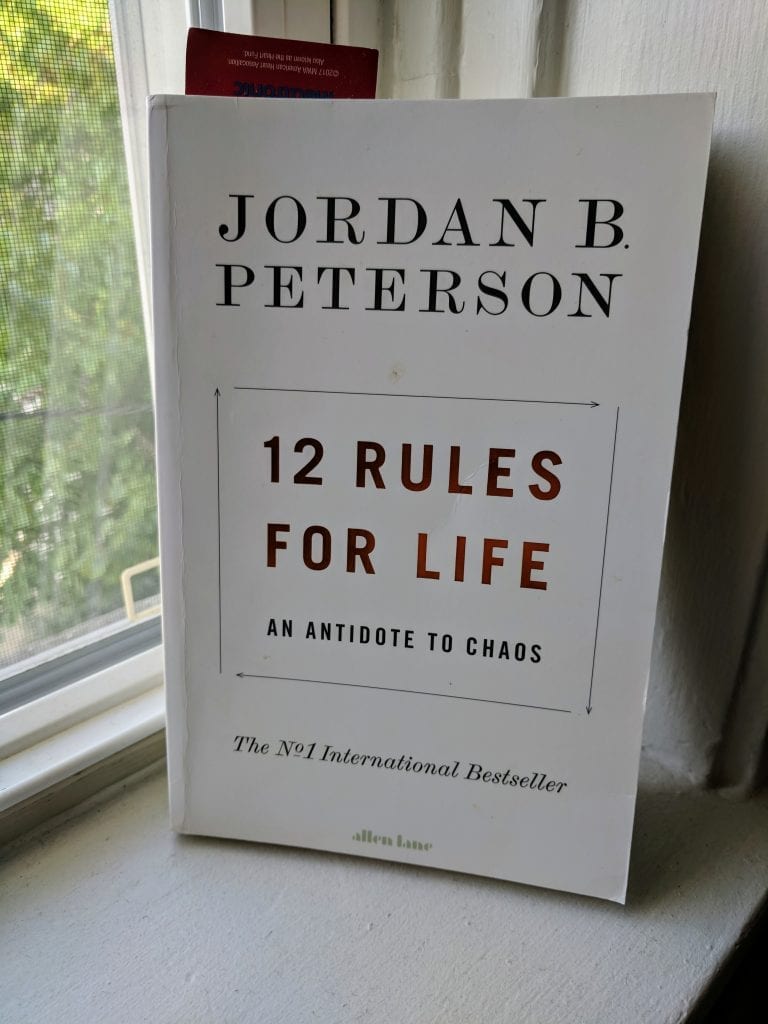
Intrigued that you are tackling the Jordan Peterson book! I’ll be interested to hear what you think. Peterson seems like he’s trying to define “how to be a man in today’s world” in a way that organized religion would have filled a few generations ago.
The Great Believers is on my bookshelf, too. We’ll have to discuss once we both finish!